London captivates millions of visitors each year with its rich history, diverse culture, and endless attractions. The sheer number of things to see and do in the British capital can leave even experienced travelers feeling stretched thin.
Planning effectively means the difference between a memorable adventure and a frantic dash between landmarks. Here is a list of 20 practical ways to enjoy London while keeping stress at bay.
Morning Museum Visits

In the morning hours before 11 a.m., world-class museums are far less packed, including the likes of the British Museum and National Gallery. By entering at opening time, you will have the luxury of enjoying those exhibits before tour groups accumulate later in the day.
In the early morning, the serenity of the place helps you admire masterpieces like the Rosetta Stone or Van Gogh’s Sunflowers without someone’s head blocking your view.
London Pass Calculation

Before purchasing a London Pass, calculate the actual cost of the attractions you plan to visit. The pass offers substantial savings for history enthusiasts visiting multiple paid sites daily.
However, travelers who prefer walking tours and free museums might spend less by paying à la carte. A typical day might include one paid attraction and several free experiences for the best balance.
Like Travel Pug’s content? Follow us on MSN.
Neighborhood Walking Routes

Create walking routes that link multiple attractions in a single neighborhood rather than darting across the city. A well-planned South Kensington route could connect the Victoria & Albert Museum, Natural History Museum, and Hyde Park in a logical sequence.
This approach prevents the exhaustion of constantly boarding public transport and reveal hidden gems between major sites.
Off-Peak Transportation

London’s Underground transforms from sardine-tin crowding during rush hours to comfortable travel during midday. Schedule movement around the city between 10 am and 4 pm or after 7 pm for evening activities when possible.
Purchasing an Oyster card cuts both cost and time spent buying individual tickets, while the City Mapper app provides real-time updates about the quickest routes.
Market Timing Strategy

Borough Market offers an incredible food experience, but Thursday mornings perfectly balance operational stalls without weekend crowds. Similarly, Columbia Road Flower Market delivers a vibrant experience on Sunday mornings, though arriving before 10 am makes browsing much more pleasant.
Each market has an optimal day and time window that locals know well.
Like Travel Pug’s content? Follow us on MSN.
Advance Restaurant Booking

London’s dining scene ranges from traditional pubs to Michelin-starred establishments. Popular spots like Dishoom or Duck and Waffle require bookings weeks in advance, especially for dinner service.
Making lunch reservations instead often means easier availability and lower prices for essentially the same menu, leaving evenings free for impromptu neighborhood exploration.
Weather-Flexible Itinerary

Having indoor and outdoor options planned for each day accommodates London’s famously changeable weather. When sunshine appears, the focus is on parks and outdoor markets; museums and covered attractions become the priority when rain arrives.
This adaptability prevents disappointment and maximizes experiences regardless of conditions.
Lesser-Known Attractions
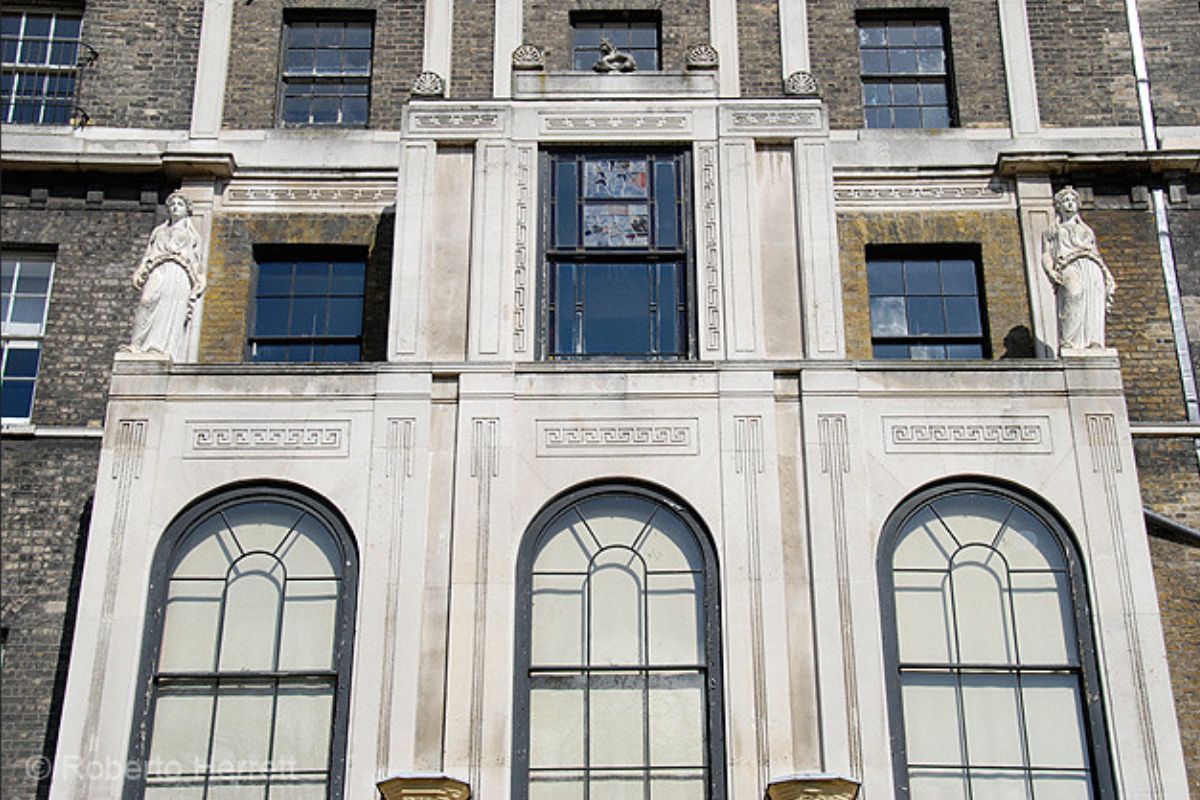
London offers equally fascinating alternatives for every crowded major attraction with fewer visitors. Skip the two-hour wait at Madame Tussauds and explore the wonderfully bizarre Sir John Soane’s Museum instead.
The Garden Museum provides a peaceful haven compared to the always-bustling Kew Gardens, offering horticultural delights in a more tranquil setting.
Like Travel Pug’s content? Follow us on MSN.
Strategic Rest Stops
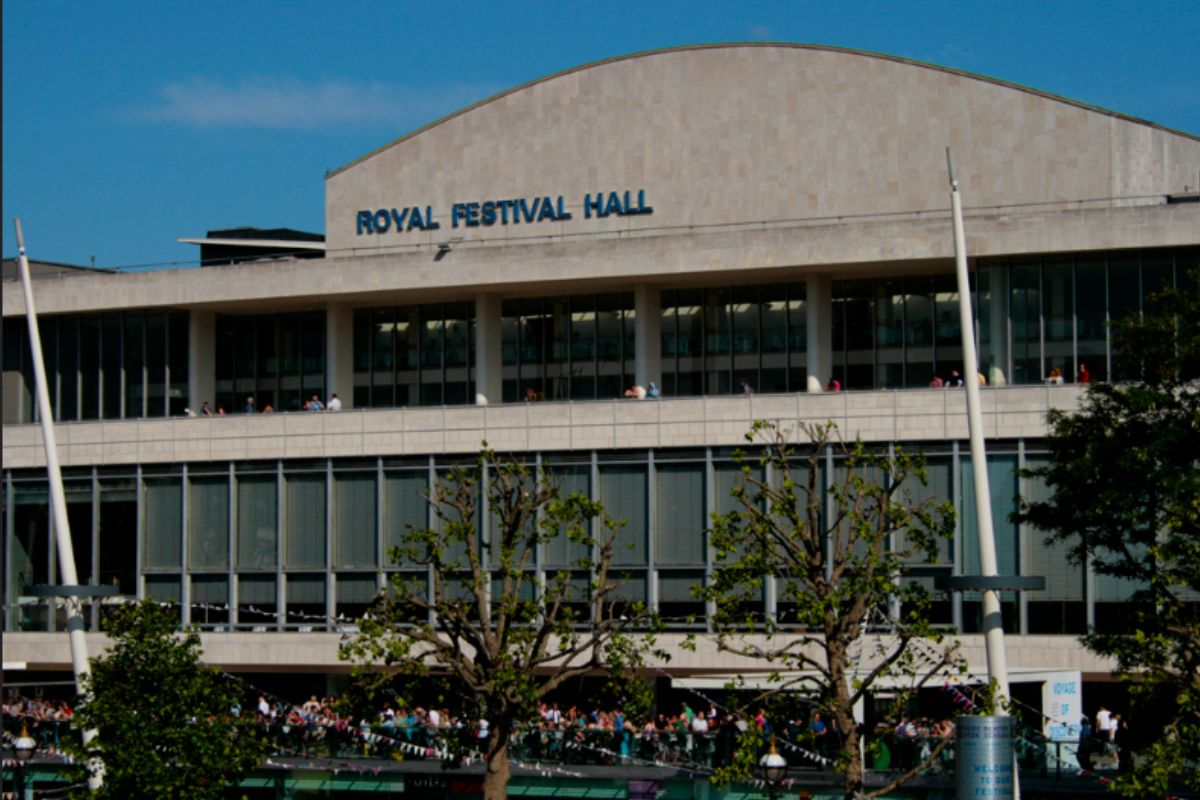
Identify comfortable places to rest throughout your daily itinerary. The members’ rooms at the Royal Festival Hall offer comfortable seating with Thames views without requiring actual membership.
Many museum cafés provide perfect recharging stations between exhibits. Building in these intentional breaks prevents fatigue, which leads to diminished enjoyment.
Evening Theatre Planning
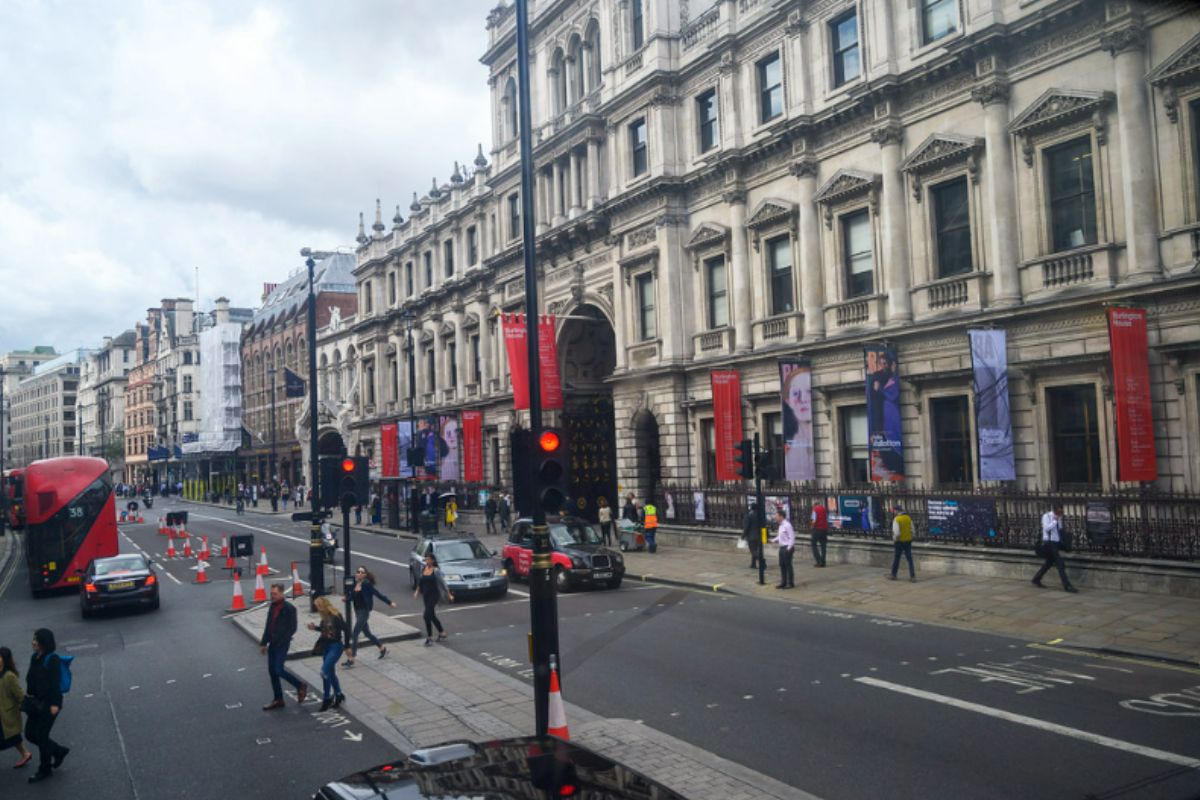
London’s West End offers world-class theater, but last-minute tickets for popular shows often prove impossible to secure. The TKTS booth in Leicester Square sells discounted same-day tickets, though the selection varies widely.
For must-see performances, book weeks ahead; for spontaneous entertainment, Shakespeare’s Globe offers yard tickets for just £5, though you’ll stand throughout the performance.
Local Transportation Zones

The Underground fare system operates on zones, with central London comprising zones 1-2. Staying within these zones saves considerable money compared to daily journeys to outer areas. When selecting accommodation, consider these transportation costs against seemingly cheaper rooms in distant neighborhoods.
The extra spent on central lodging often balances out through saved commuting time and expense.
Like Travel Pug’s content? Follow us on MSN.
Early Tower Experience
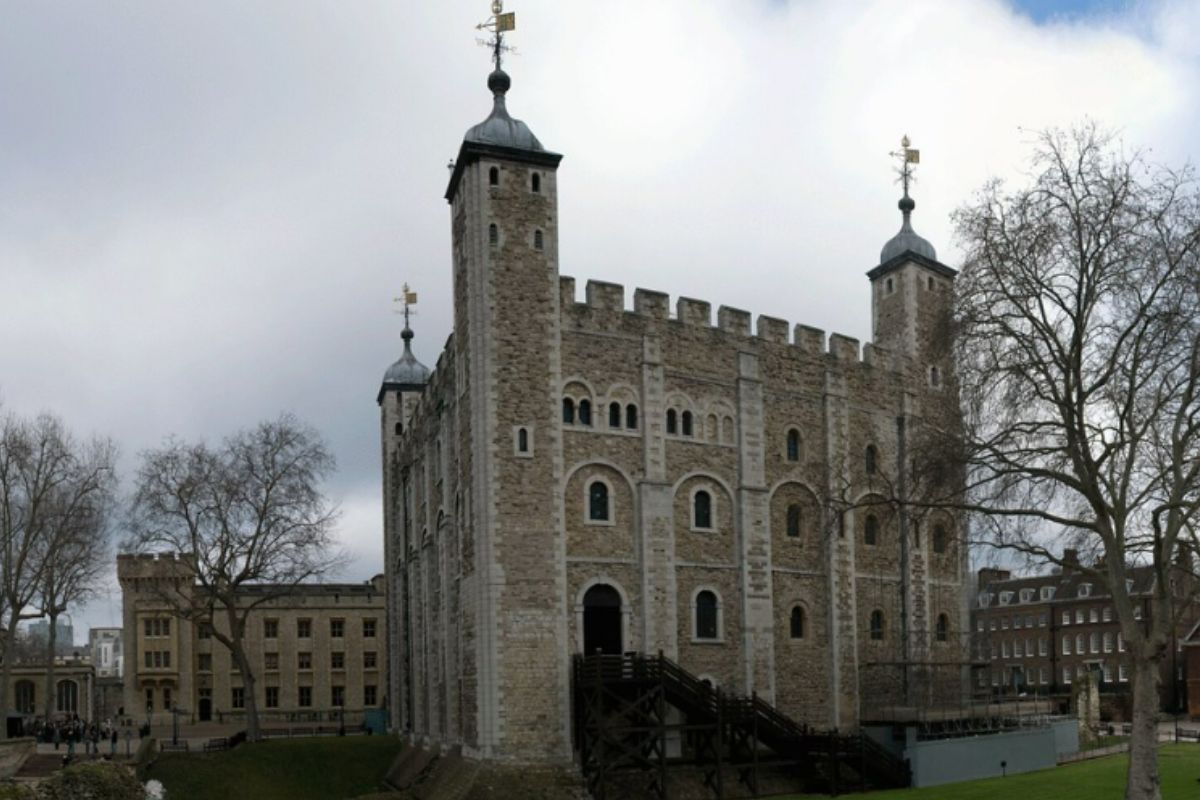
After 11 a.m., the Tower of London transforms from a serene historical immersion to a crowded tourist attraction. Arriving for the opening allows you to view the Crown Jewels without queues and enjoy Beefeater tours with smaller groups.
This pattern holds for many major attractions, where an hour’s difference in arrival time can completely transform the experience.
Afternoon Tea Alternatives

Traditional afternoon tea at luxury hotels like The Ritz costs upwards of £60 per person. Equally delightful experiences exist at lesser-known venues like Bea’s of Bloomsbury or Peggy Porschen for about half the price.
These alternatives often provide more relaxed atmospheres while maintaining the essential scones, finger sandwiches, and proper tea service experience.
Riverboat Commuting
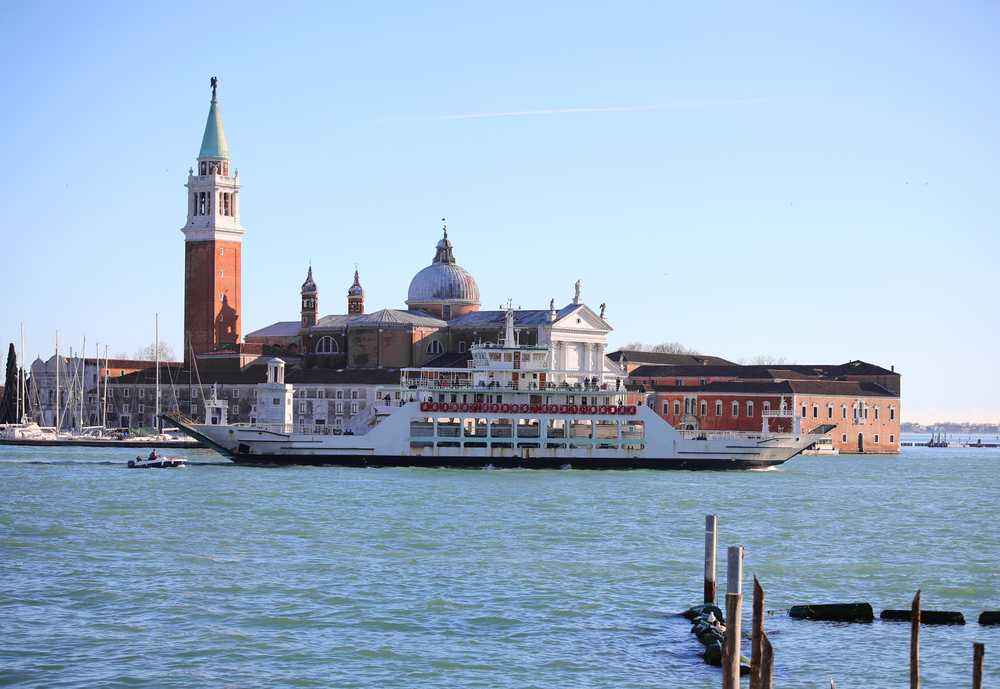
The Thames Clipper service functions as public transportation rather than an expensive tourist cruise, offering nearly identical views at a fraction of the cost. An Oyster card makes these boat journeys particularly economical, while providing unique perspectives of landmarks from Westminster to Greenwich.
This transforms necessary travel between sites into an attraction itself.
Like Travel Pug’s content? Follow us on MSN.
Gallery Late Nights
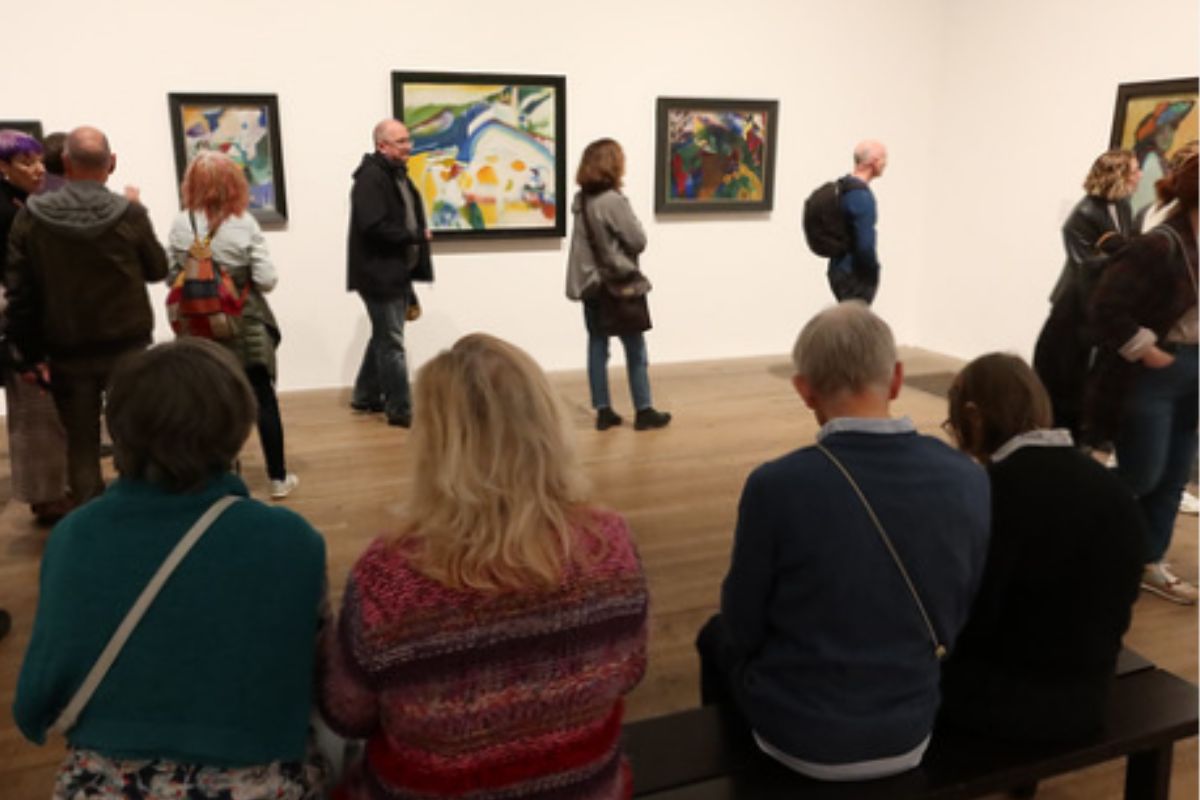
Many London museums and galleries offer extended evening hours on specific days. The Tate Modern stays open until 10 pm on Fridays and Saturdays, while the National Portrait Gallery extends its Thursday and Friday hours.
These times feature fewer visitors, sometimes special programming, and a more relaxed atmosphere for appreciating collections without the daytime bustle.
Neighborhood Pub Selection

Tourist-oriented pubs around major attractions charge premium prices for mediocre experiences. Walking just five minutes into residential areas reveals authentic locals’ pubs with better prices and atmosphere.
Places like The Carpenter’s Arms in Shoreditch or The Churchill Arms in Kensington provide genuine British pub culture away from the tourist trail.
Accommodation Location Balance

Staying directly above popular attractions means constant noise and premium pricing. Selecting accommodation just one Underground stop away from major sites often cuts costs by 30% while providing quieter evenings.
Areas like Pimlico offer central access without the constant bustle of Leicester Square or Covent Garden.
Like Travel Pug’s content? Follow us on MSN.
Free Walking Tour Timing
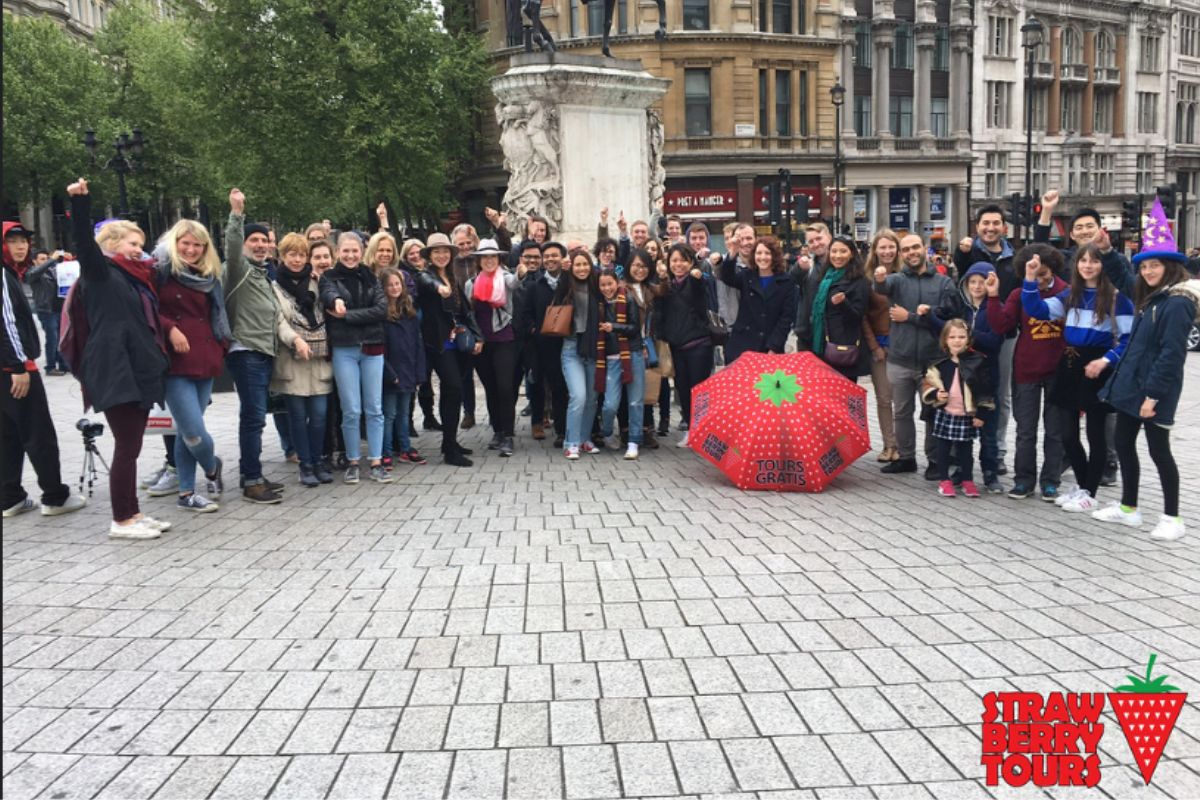
London’s excellent free walking tours operate throughout the day, but morning sessions typically have half the participants of afternoon groups. With fewer people, guides can provide more personalized information and answer individual questions.
Companies like Strawberry Tours offer theme-specific walks covering everything from street art to haunted history.
Strategic Attraction Combinations

The London Eye provides spectacular views but involves substantial queuing time. Combining it with lesser-visited nearby attractions like the Florence Nightingale Museum creates a balanced experience.
Similarly, pairing the always-busy British Museum with the quieter Grant Museum of Zoology allows alternating between crowded and peaceful environments throughout the day.
London Through Seasons

London transforms dramatically through its seasons, each offering unique advantages for visitors. Summer brings vibrant parks and outdoor events, but peak tourist numbers. Autumn features cultural festivals and comfortable temperatures without summer crowds.
Winter offers Christmas markets and theatrical seasons, while spring brings blooming gardens and gradually warming days without the summer pricing surge.
Like Travel Pug’s content? Follow us on MSN.
Beyond Tourist London
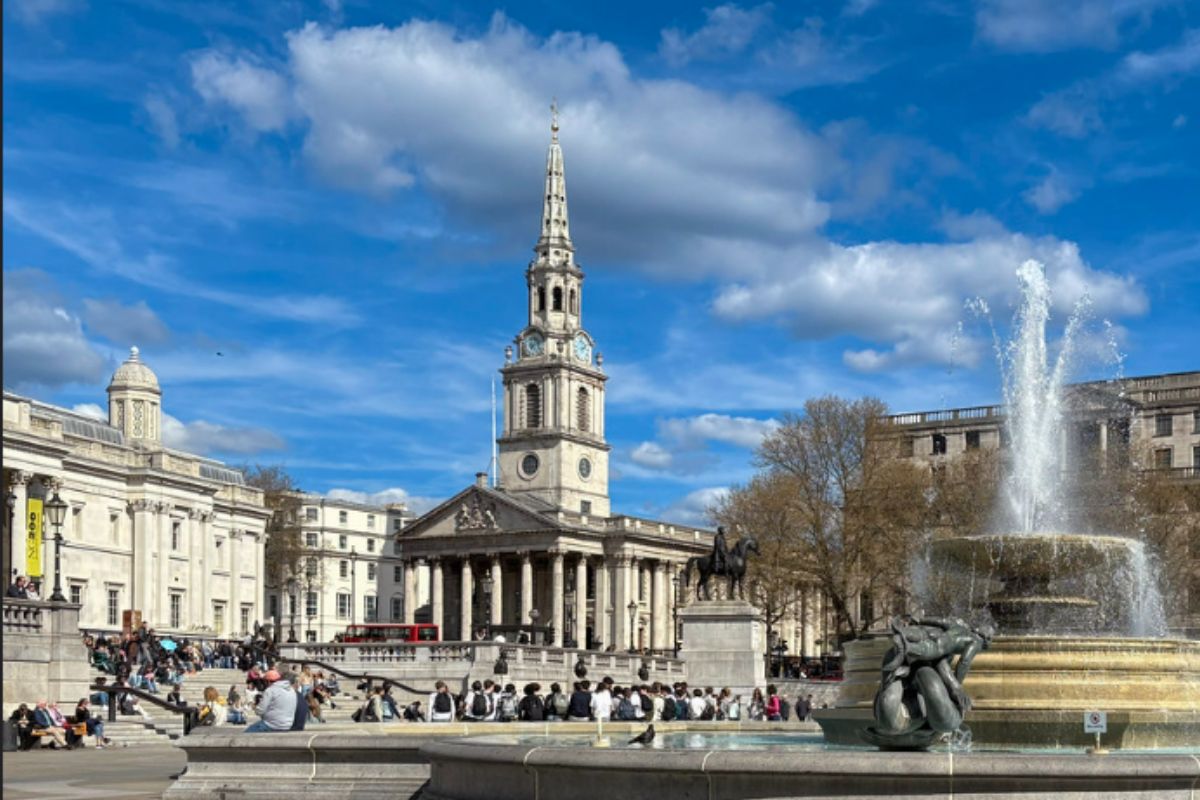
London reveals its true character through the daily rhythms of its neighborhoods rather than its postcard sites. The city breathes through its morning markets, afternoon park strollers, and evening pub gatherings—experiences that cost nothing but time and attention.
Blending iconic attractions with simple observation creates a balanced London experience that leaves visitors enchanted rather than exhausted.
More from Travel Pug

- Cities Growing so Fast You Won’t Recognize Them in 10 Years
- 13 Destinations Where Tourists Regularly Regret Their Trip
- 20 Obscure WWII Sites Even History Buffs Don’t Know About
- 10 Under-the-Radar Mountain Towns That Are Both Affordable and Beautiful
- Remote Villages in Europe Where You Can Live for Free in Exchange for Work
Like Travel Pug’s content? Follow us on MSN.
